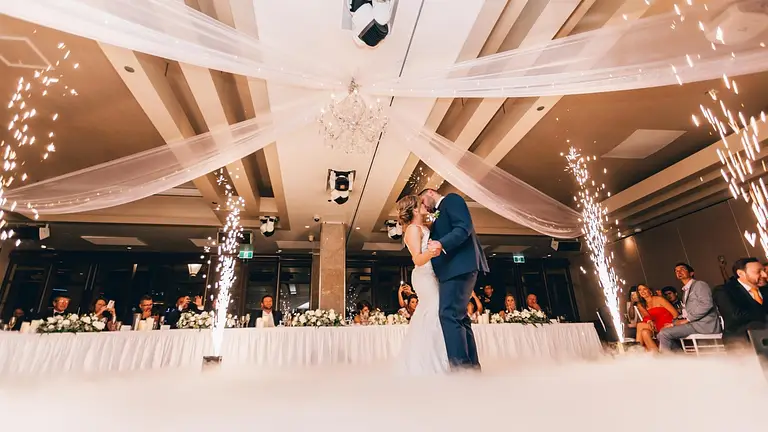Designing for different types of events in hospitality spaces
Designing for different types of events in hospitality spaces is an important aspect of creating a functional and visually appealing environment that caters to the specific needs of different types of events. From corporate events to weddings, each type of event requires a different design approach and attention to detail.
One important aspect of designing for different types of events in hospitality spaces is to consider the layout and flow of the space. For example, a corporate event will require a more formal and professional layout, with a focus on functionality and comfort. This may include comfortable seating arrangements, ample power outlets, and a layout that encourages networking and interaction. On the other hand, a wedding reception will require a more romantic and intimate layout, with a focus on creating a visually stunning atmosphere. This may include elegant lighting and decorations, comfortable seating arrangements, and a layout that encourages mingling and dancing.
Another important aspect of designing for different types of events in hospitality spaces is to consider the use of technology. This can include the use of audio-visual equipment, such as projectors and sound systems, to enhance the event experience. Additionally, many events today are using technology like digital displays, digital signage, and interactive kiosks to create an immersive and engaging experience for attendees.
Designing for different types of events in hospitality spaces also includes considering the use of lighting and temperature control. For example, a corporate event will require a more subdued and professional lighting, while a wedding reception will require a more romantic and intimate lighting. Temperature control is also important, as it affects the comfort of the guests, and it can be adjusted to the specific needs of the event.
In addition, designing for different types of events in hospitality spaces also includes considering the use of food and beverage service. For example, a corporate event will require a more formal and professional food and beverage service, while a wedding reception will require a more romantic and intimate food and beverage service.
In conclusion, designing for different types of events in hospitality spaces is an important aspect of creating a functional and visually appealing environment that caters to the specific needs of different types of events. From corporate events to weddings, each type of event requires a different design approach and attention to detail, and by considering layout, technology, lighting, temperature control, and food and beverage service, you can create a memorable and enjoyable experience for your guests.








